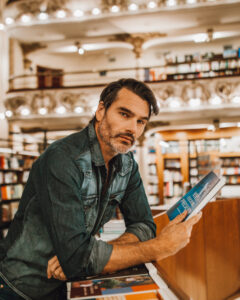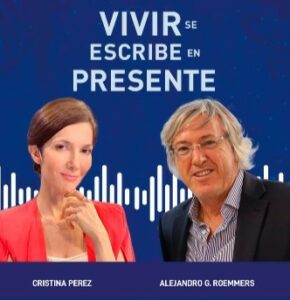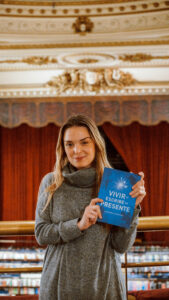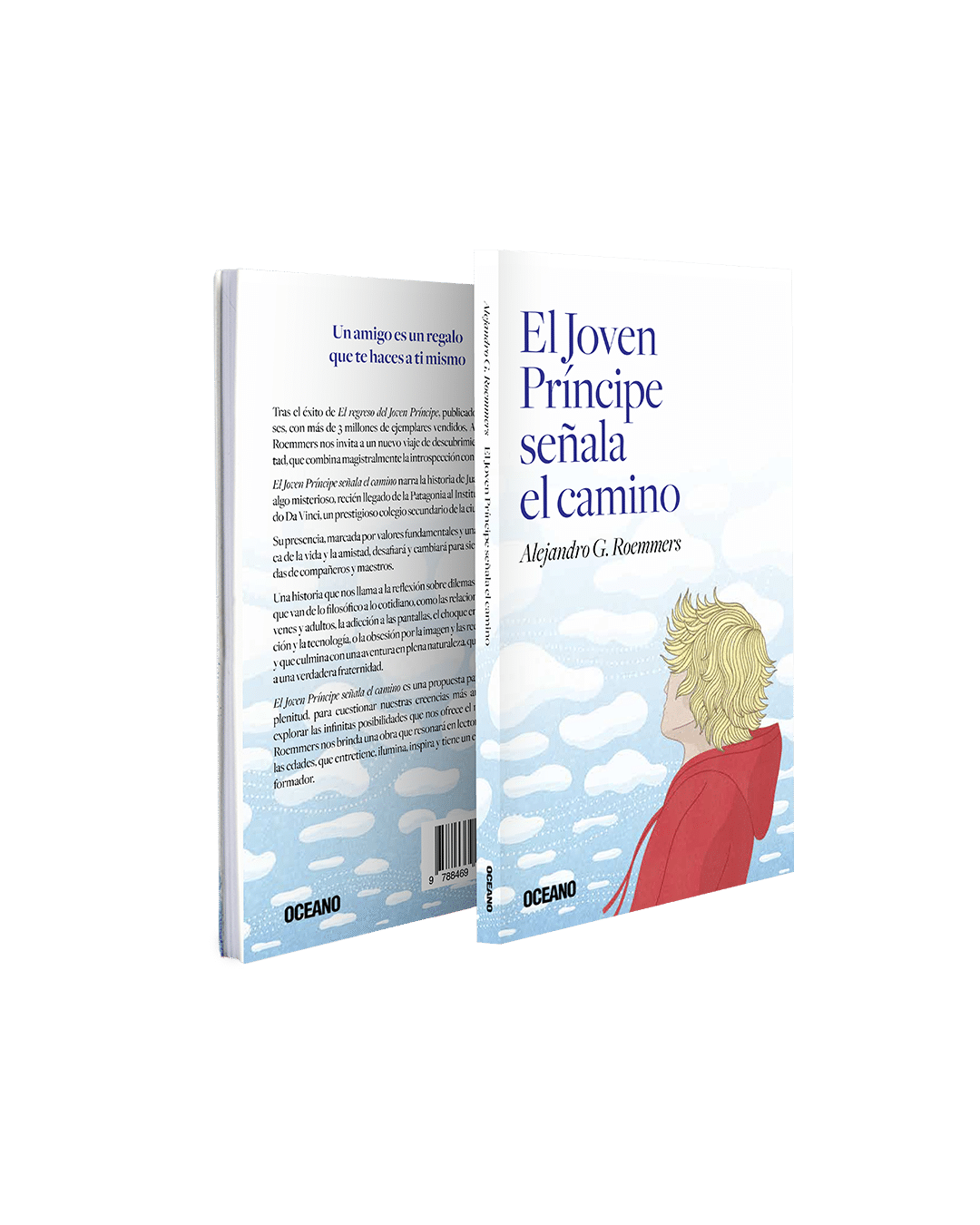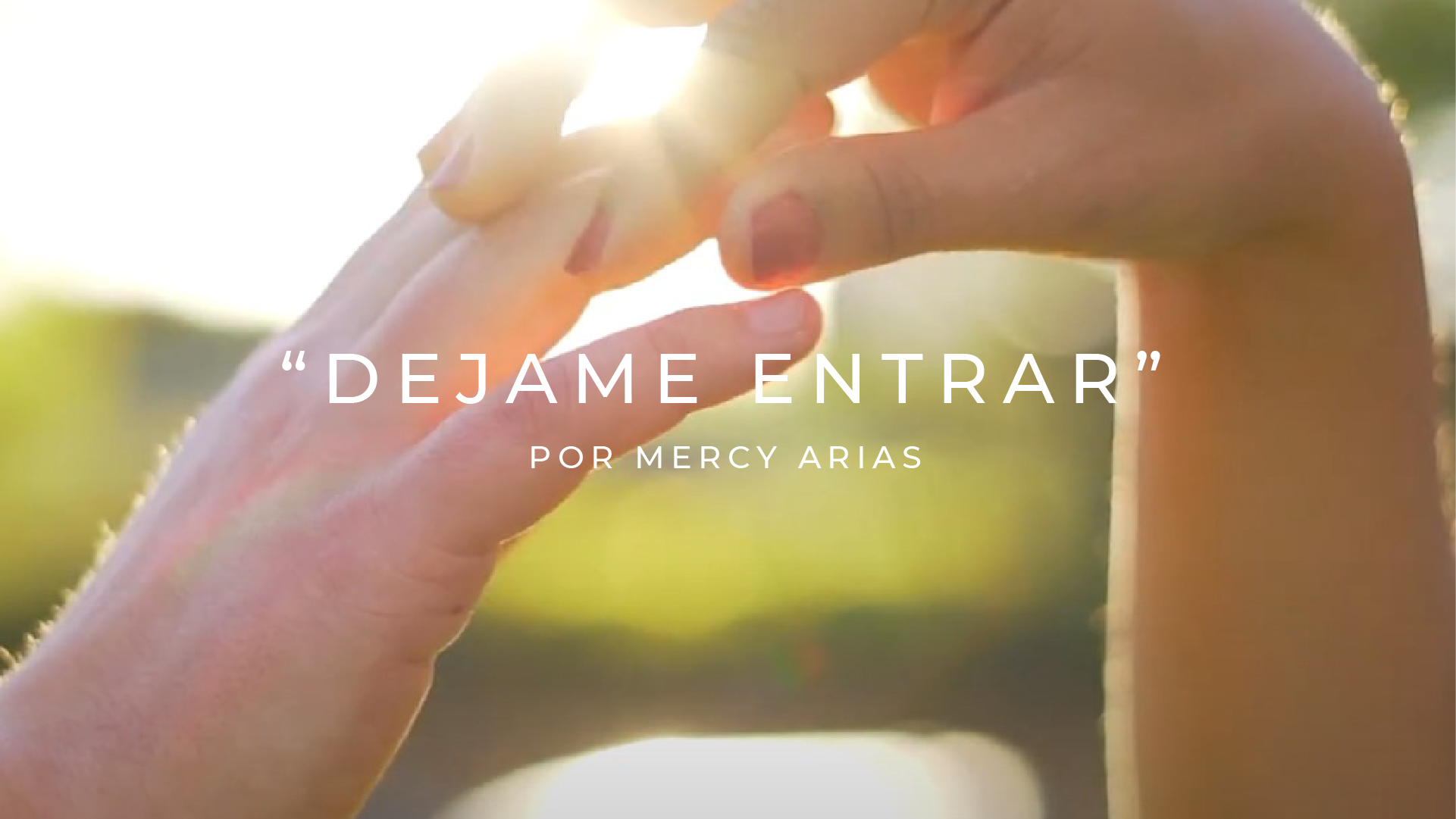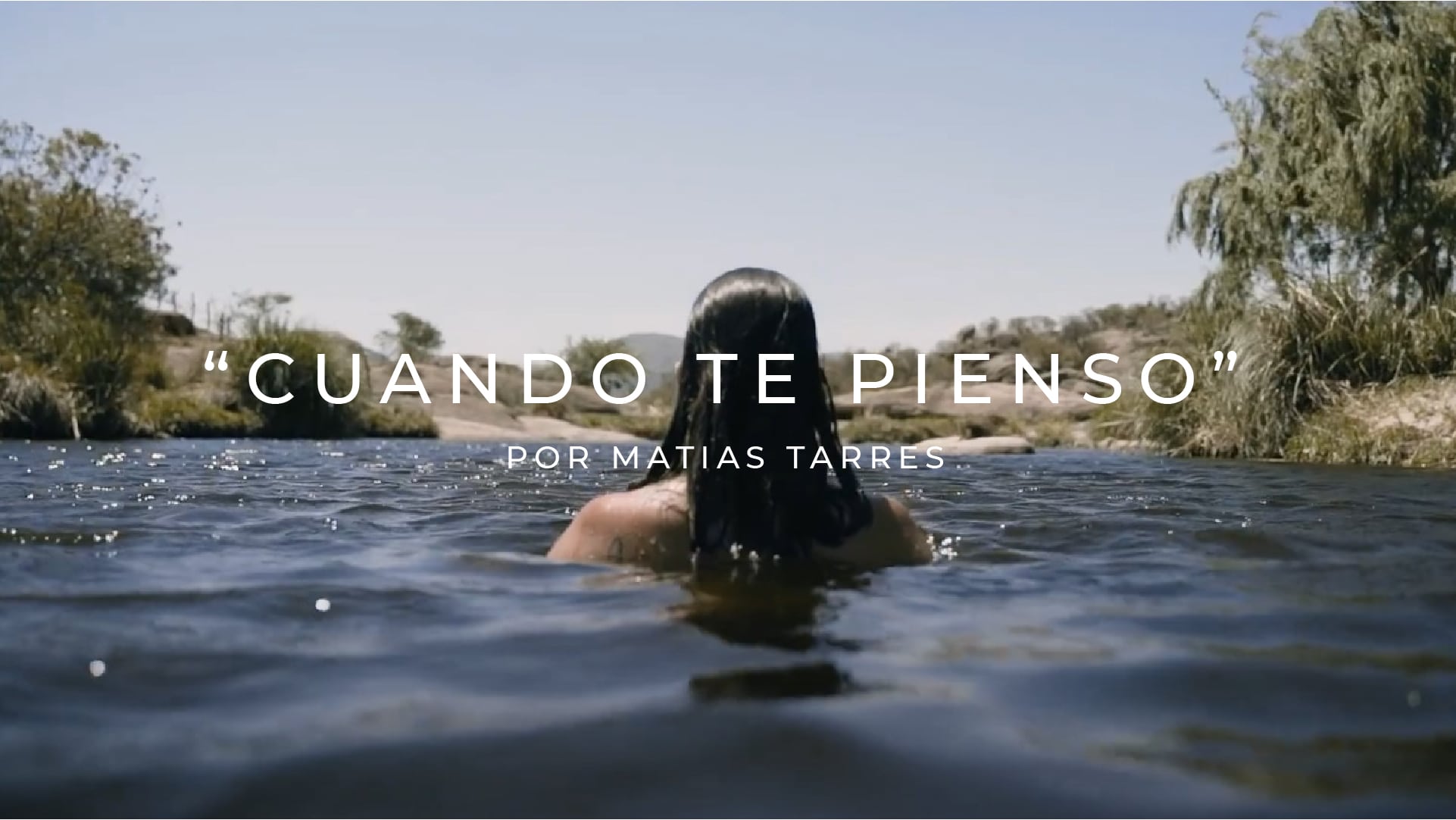By Roberto Alifano
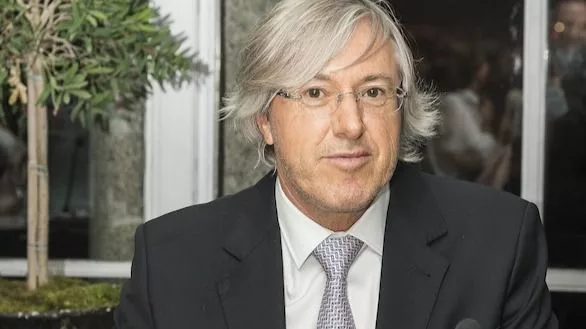
In his moving encyclical “TuttiFratelli”, Pope Francis calls for mutual recognition as sons and daughters of God and, consequently, a call for fraternity and social friendship as means of reconstruction of a deeply wounded and affected world. . From his humanity, in seven chapters, the Holy Father gives us keys to recover that which is most human and that is based on the unalterable human dignity and our sociability in the desire to seek the common. He also tells us about the dangers or shadows of a closed world in which a diagnosis is made of the consequences of living, paradoxically, connected through screens, but isolated from each other.
In short, a world based on self-referential selfishness that produces and reproduces threats from the past and absurd political polarizations, conceived before the pandemic. Conceived in this context, the encyclical “TuttiFratelli” is an invitation to have an open heart that is capable of hosting fraternity and social friendship as vehicles for the reconfiguration of a new world and of more humane and just social and political structures where no one be excluded.
This purpose found from the first moment a faithful ally in the Argentine poet and businessman Alejandro Guillermo Roemmers, who since then has been in charge of disseminating this solidarity work with roots in Rome throughout the world; which led him to be awarded the “Saint Francis of Assisi Prize” by the Pontifical University Antonianum, becoming the first layman to receive this distinction from the “Franciscan Order”, an award that recognizes his work in promoting human values. such as compassion and solidarity, in tune with the Franciscan charisma and Pope Francis. Roemmers has supported various human development projects in South America and Africa, having become a prominent patron of artists, while also presiding over the Argentine Foundation for Poetry. In addition to promoting these days an initiative of universal hugs for fraternity in favor of peace and love among the inhabitants of the planet.
Thus, a toast was held on December 6 at the National Museum of Decorative Art in Buenos Aires, in honor of the RP Francesco Occhetta, representative of the “FratelliTutti Pontifical Foundation” and a special recognition to our poet and businessman for his international actions. in favor of culture and fraternity.
Alejandro Guillermo Roemmers settled in Spain from a very young age, where he studied and began writing poetry, and since then he has never stopped doing so. Alejandro also ventured into prose with novels that have been translated into various languages. Robert Louis Stevenson said that “the most difficult form of poetry is prose” and our friend, who never stops being a poet, also does so in novels and plays.
In 2016, he surprised us with an excellent theatrical work in which he alludes to his friend, our Argentine Pope. With the title of Franciscus, a reason to live, he brought together more than a hundred people on stage, including actors, dancers, trapeze artists and jugglers. This staging, directed by the established Argentine actress Norma Aleandro, remained in force for an entire year attracting a multitude of spectators.
In this way we enter a world of love, of dedication to others, of expressive beauty that realizes itself in each poetic composition and in each act of the daily life of Alejandro Guillermo Roemmers, a true lyricist in his poetic saying; that is, a true poet who communicates through emotion and form. I add here that Mario Vargas Llosa, his friend, continues to be amazed by this aedo who, with his feet on the ground, is also a successful businessman and patron.
In the humanitarian field of good to others, Alejandro now summons us and reveals to us, once again, the prodigious sensitivity of his soul and his vocation of solidarity that leads him to fulfill this purpose of Pope Francis in the world and are condensed in a few verses of our friend faithful to the purposes that show him also concrete with his feet on the ground:
The art of living consists, friend,
in banishing absent chatter
with which time intoxicates our mind,
tracing its horizon at the navel.
And believe me, gentlemen, if I tell you
no one offends destiny for being brave…
And he says in another composition with his life experience and his essential wisdom, our poet warns us:
From oblivion we come and to oblivion
come on. And by awakening our conscience
intact in its illusion and its innocence
ventures to believe that we have lived…
To conclude, we will say that in the aesthetic field, Alejandro handles to perfection, that ancient form, the sonnet, which we owe to the homeland of Dante Alighieri and Francesco Petrarca, invented by Giacomo de Lentini, in the 13th century, which some malignant avant-garde artists consider it obsolete, and it is, in my opinion, almost the essence of the Golden Age and it continues to be so in the poets of our time, and without a doubt it will continue to be so.
Beauty is something common, that only man creates and gives life to, even in a contradictory universe, where, despite everything, art is always present. The French master André Gide said that “creating a beautiful form makes an even more beautiful idea come to inhabit it.” This vocation of solidarity and affection for others is an expression of love for life and beauty.
In a plaquette, with the title of a Gift for Francisco, dedicated to our Argentine Pope, Alejandro moved his friend to tears.
I wanted to find a gift,
the simplest, the most humble,
the one who in his smallness
you could accept without being offended.
I thought I could buy it and I went to the store
but no object satisfied me.
Then I heard a holy voice that said to me:
“…he who has God, lacks nothing,
God alone is sufficient.”
I thought I was a poet to offer you words:
but I found them superfluous, pompous, worn out…
Flee from me and persevere
I searched the earth
but even one seed seemed excessive to me
Well, it could house a tree (…)
I then searched in the air
respecting bees, fireflies, butterflies
and all living creatures,
Well you wouldn’t want to stop its wings
nor disturb its flight.
I tried to bring you the aroma
calm and pure of herbs,
of the burning hearth and the jasmines (…)
I remained silent then, disconsolate,
under the infinite blue
that my eyes could not reflect…
Francisco, I thought, in your loving humility,
Is it that I couldn’t find anything that would please you…?
Suddenly a tree dropped one of its leaves
which was deposited in front of me on the ground.
Then another, which came swaying in the breeze
even my hands that received it accidentally.
Then another, another, and another,
until I felt that the tree, compassionate,
He was willing to give himself completely
and bare its branches
in order to console me.
His love was so much
that my tears flowed
like a redeeming and grateful spring.
The tree’s leaves
continued to descend generously
in an endless blessing(…)
Then I could understand… and I smiled.
And the fields, the birds and the streams smiled with me.
The breeze stopped
and no more leaves fell again…
The gift that produced the sensitivity of that tree
This is what I now want to offer you:
the love of a smile.
A humble and ephemeral gift
that you can multiply and share without fear
like the loaves and the fishes,
until all united to Jesus
Let us finally inhabit the Kingdom of God.
